Differences between Stainless Steel and Mild Steel in Punching Materials
June 27, 2018Stainless steel is made from iron and chromium. There’s a small amount of carbon in the mix, and the chromium content hovers around the eleven percent mark. Mild steel is mainly composed of iron and carbon. The low carbon alloy doesn’t always incorporate an alloying metal, but it still manages to occupy a strength-to-hardness sweet spot. Going toe-to-toe, we can’t help but wonder which alloy would make the better punching material.
Hardened Chromium Steel
Increase the chromium content in stainless steel to make a punch set impact resistant. Unlikely to deform the tip, mash the head, or abrade the shank, high-chromium steel is the go-to winner here, with its wear resistance feature really outshining the competition. Elsewhere, a low carbon (mild steel) punch is the logical tooling choice when softer metals require work. But mild steel, popular as it is, will wear and deform when it’s exposed to a high-impact tooling station.
Breaking Down the Failure Incidents
Stainless steel punches are not malleable. If the punching work exceeds the capabilities of a high-chromium tool, a material fracture is likely, with the fractured bits contaminating the work area. On the other hand, mild steel is less likely to fracture, but it will quickly bend and lose its desired form factor. Furthermore, stainless alloys are coated in a polished finish. Employed in clean-room environments, the punch element won’t accumulate dirt or any other filth. At the end of the day, stainless steel is also an easy to maintain alloy.
Drawing Out the Graded Tempering Issues
There are many different types of stainless steel on the market. The stainless steel 400 series, for example, contains molybdenum, chromium and nickel. Certain members of this graded steel family are heat treatable and they can be tempered. Unfortunately, mild steel is hard to temper because of the small quantities of carbon locked in its microcrystalline material. Look for stainless or mild steel punches, ones that possess impact-resistant alloying materials, but look further. Read through the features carefully while looking for a heat treatment attribute in that list of mechanically-oriented tool traits.
Stainless steel is the superior impact-capable punch tool alloy. Granted, mild steel is the cost-effective option, and it’s a fine solution when the sheet metal workpiece is made of soft metal. However, its natural formability translates to excessive malleability, which isn’t a desirable tool attribute. Of note, low carbon metals can be hardened by passing them through a carburizing process. In the meantime, stainless steel is the harder metal, but that hardness can undermine the tool if it’s fracture prone.
Optimized by: Netwizard SEO


